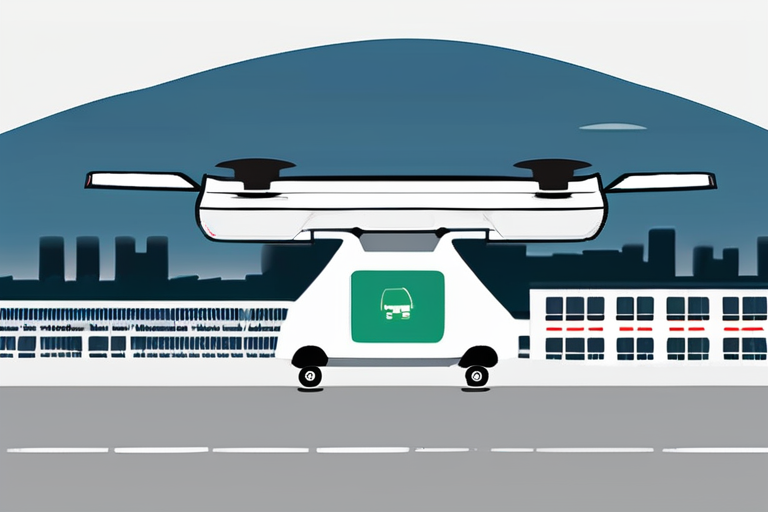Drone Sightings Ground Munich Airport: A Growing Threat to Air Traffic Safety


Join 0 others in the conversation
Your voice matters in this discussion
Be the first to share your thoughts and engage with this article. Your perspective matters!
Discover articles from our community

 Hoppi
Hoppi

 Hoppi
Hoppi

 Hoppi
Hoppi

 Hoppi
Hoppi

 Hoppi
Hoppi

 Hoppi
Hoppi

BREAKING NEWS UPDATE Prominent Ukrainian politician Andriy Parubiy shot dead in Lviv3 hours agoShareSaveTom BennettBBC News andJaroslav LukivBBC NewsShareSaveGetty ImagesParubiy …

Hoppi

Electronics Could Be Quietly Draining Energy: Gadget Prevents It A new gadget has been developed to prevent electronics from quietly …

Hoppi

Breaking News: Senate Set to Vote on Fed Nominee Stephen Miran Amid Controversy The US Senate is scheduled to vote …

Hoppi

Microsoft's Windows 10 Support Discontinuation Sparks Widespread Criticism A recent announcement by Microsoft to discontinue support for Windows 10 in …

Hoppi

Aldi Warns of Potential Price Hikes Amid Budget Concerns German discount supermarket chain Aldi has cautioned that any measures in …

Hoppi

BREAKING NEWS Conservative Activist Charlie Kirk Fatally Shot at Utah Valley University Event Yesterday evening, at approximately 8:45 PM MST, …

Hoppi